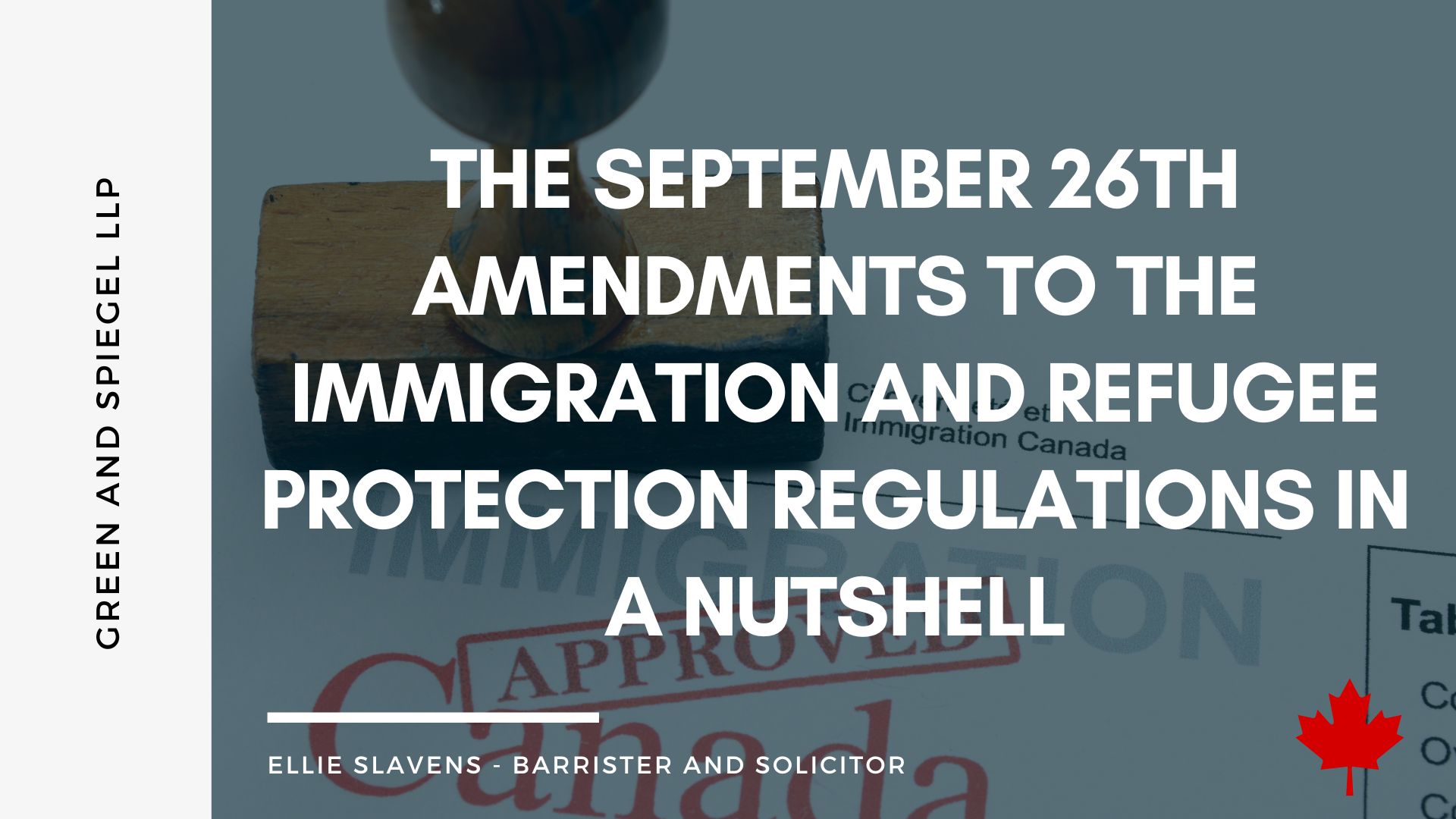
Regulatory amendments to strengthen protections for temporary foreign workers recently came into force on September 26th, 2022. These amendments set new employer requirements and conditions and improve the ability to hold employers accountable for non-compliance. They also endeavour to improve worker and employee awareness and prevent mistreatment or abuse.
As a result of these amendments, employers are now required to provide their foreign national employees with information supplied by the Canadian government about their rights in Canada. Additionally, they are required, when making an LMIA application, to commit to finalizing an employment agreement and to provide the worker with a signed copy of the agreement that outlines their occupation, wages, and working conditions on or before the employee’s first day of work. For LMIA-exempt work permit applications under the International Mobility Program (IMP), employers must attest to having already provided the employee with such an employment agreement.
Employers must comply with all provincial and territorial employment and recruitment laws, including those that specifically relate to temporary foreign workers. Several provinces require employers to register with the province before recruiting and hiring temporary foreign workers (British Columbia, Manitoba, Saskatchewan, Nova Scotia, New Brunswick, Quebec) and mandate the licensing of recruiters (Ontario-in process).
Employers are now prohibited from charging or recovering fees for the provision of services related to an LMIA, employer compliance fee, or recruitment. They must ensure that if working with a recruiter, the recruiter also does not charge or recover these fees. Employees can, however, still be asked to pay for fees related to their temporary resident visas, temporary resident permits and work permits. Where fees have been incorrectly charged or recovered, the employer can avoid an administrative penalty by making all reasonable efforts to comply and provide full compensation.
Under existing regulatory conditions, employers were required to make reasonable efforts to provide an abuse-free workplace. The regulatory amendments have expanded the definition of “abuse” to include “reprisal”. Employers must now also make reasonable efforts to provide access to health care services when a worker is injured or becomes ill at their workplace. This may include organizing transportation to a local hospital or providing access to a phone to call the paramedics.
To strengthen program integrity, ESDC and IRCC have gained the authority to require that a third party provides any document relating to employer compliance with conditions (for example, banks and payroll companies), without needing the consent of the employer and/or foreign worker. ESDC has also gained the authority to suspend the processing of an LMIA request where there is reason to suspect non-compliance if the failure to comply would put the health/safety of foreign national(s) at serious risk. ESDC may now collect personal information on employers and foreign workers (through its confidential Tip Line, online reporting tool or communication media) related to compliance with conditions of the IMP and share this information with IRCC inspection officials.
The factors used to assess whether the employment of a foreign national is likely to have a neutral or positive effect on the labour market in Canada have been re-weighted, with a pass/fail assessment made first of whether the wages set out in the offer are consistent with the prevailing wage for the occupation and whether the employment is likely to adversely affect the settlement of any labour dispute in progress, or the employment of any person involved in the dispute. The remaining factors are then reviewed as part of the overall assessment.
ESDC must now assess, upon receipt of a new LMIA request, whether the employer made reasonable efforts to provide a workplace that is free of abuse in the two years preceding the LMIA request. ESDC must also confirm that the employer is not an affiliate of an ineligible employer, or of an employer who is in default of any amount payable for an Administrative Monetary Penalty (AMP) before continuing with the assessment.
If you have any questions on the amendments to the Immigration and Refugee Protection Regulations, please contact our office to schedule a consultation.





